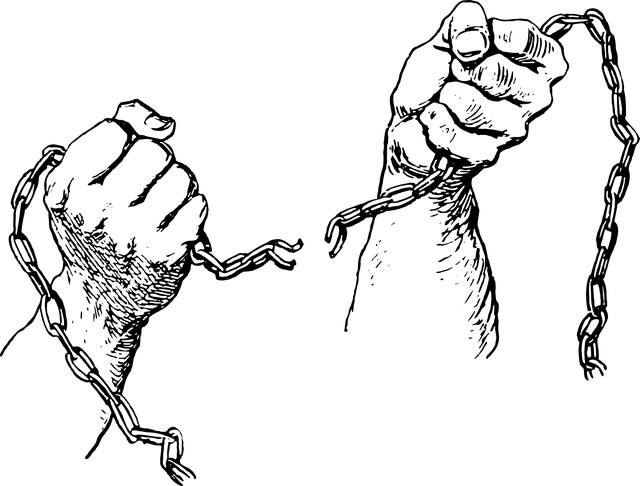Thank you for reading this post, don't forget to subscribe!
The object of this analysis are the frightening parallels between Serbia and Hamas in terms of the conceptual and political culture that promotes despotism and authoritarianism as forms of government. This type of preference, or rather the silent consent of citizens for this spirit of government, has created the preconditions for slipping into the terrain of “humanitarian despotism” alias the legality of modern terror.
Despotism and authoritarianism are the most established forms of government and political control in the native world, although they are nuanced expressions and are used differently in political literature. Let’s take a closer look at these terms and their relation to liberal democracy. With the help of Immanuel Kant’s legal philosophy, we manage to help clarify this thesis by using the Kantian critique of despotic democracy to provide a normative standard for assessing the compatibility of Serbian despotic populism with democracy.
Despotism – is recognized, respectively accepted in the political literature as a form of government where one person or a small group holds absolute power and decides with authority over the life and fate of citizens. In relation to liberal democracy, despotism is often considered the antonym of liberal democracy. In a modern context, when we talk about despotism, we tend to think of regimes that lack the sense and readiness for accountability, the protection of human rights, and the involvement of citizens in decision-making processes.
Authoritarianism, on the other hand, is defined by a government where a leader, a party, or an elite holds power, but does not dominate with as much authority as in a despotism. Authoritarianism often has a more complex interplay with elements of authoritarian control, but there can be several types of involvement of citizens and institutions. Some authoritarian countries have claims related to efficiency and stability, while the rights and freedom of citizens may be violated.
For some, despotism and authoritarianism are concepts that conflict with the basic values and principles of liberal democracy, including respect for human rights, accountability, and the involvement of citizens in decision-making processes. A fair and sensible assessment of these terms will
included an analysis of the specific situation and context in which they are used.
The object of this analysis are, however, the frightening parallels between Serbia and Hamas in terms of the conceptual and political culture that promotes despotism and authoritarianism as forms of government. These parallels would not have a stable foundation, if the Serbian and the Palestinian society did not have significant approximations in the conceptual level of governance and in general of the political culture that upholds despotism and authoritarianism as forms of government. This type of preference, or the silent citizen agreement for this form of government, has created the preconditions for the slide of the respective societies into the terrain of “humanitarian despotism” alias the law of modern terror. This illegitimacy comes not only through media manipulation and economic interests, philosopher Alain Badiou would say,[1] therefore democracy is endangered.
A possible interpretation of “humanitarian despotism” can be related to the concept of “humanitarian justice”, where an authority, international or domestic, can justify its actions in the name of protecting human rights or addressing emergency humanitarian situations. , regardless of the full respect of a state’s sovereignty.
However, it is important to note that any possible interpretation of this term must be evaluated in the context of its specific use and in conjunction with the political and legal debate based on the given circumstances. In the absence of a suitable or recognized usage of the terms, it is difficult to draw general conclusions about this concept.
The German philosopher and sociologist Weber (1922: 157) also comments on the fact that “attitudelessness and scientific ‘objectivity’ […] have no intrinsic relationship”.[2] The reports of humanitarian despotism and modern Serbian terror in the present case gives priority to the finding, respectively our assumption about the parallels in question. What is meant is that it is not the duty of (empirical) science to be bound to specify rules and ideals for social action or to derive them from the observation and analysis of social action. However, it is a fact that “The objective validity of all empirical knowledge lies exclusively in the ordering of given reality according to categories which are subjective in a specific sense, that is, in that they represent the assumptions of our knowledge and are based on the assumption of the value of those truths that only empirical knowledge is able to give us concrete data”.


Shënim:
Redaksia, diplomacia. dk nuk e merr përgjegjësinë për pikëpamjet e autorit në shkrimin e botuar!
Respekt!
